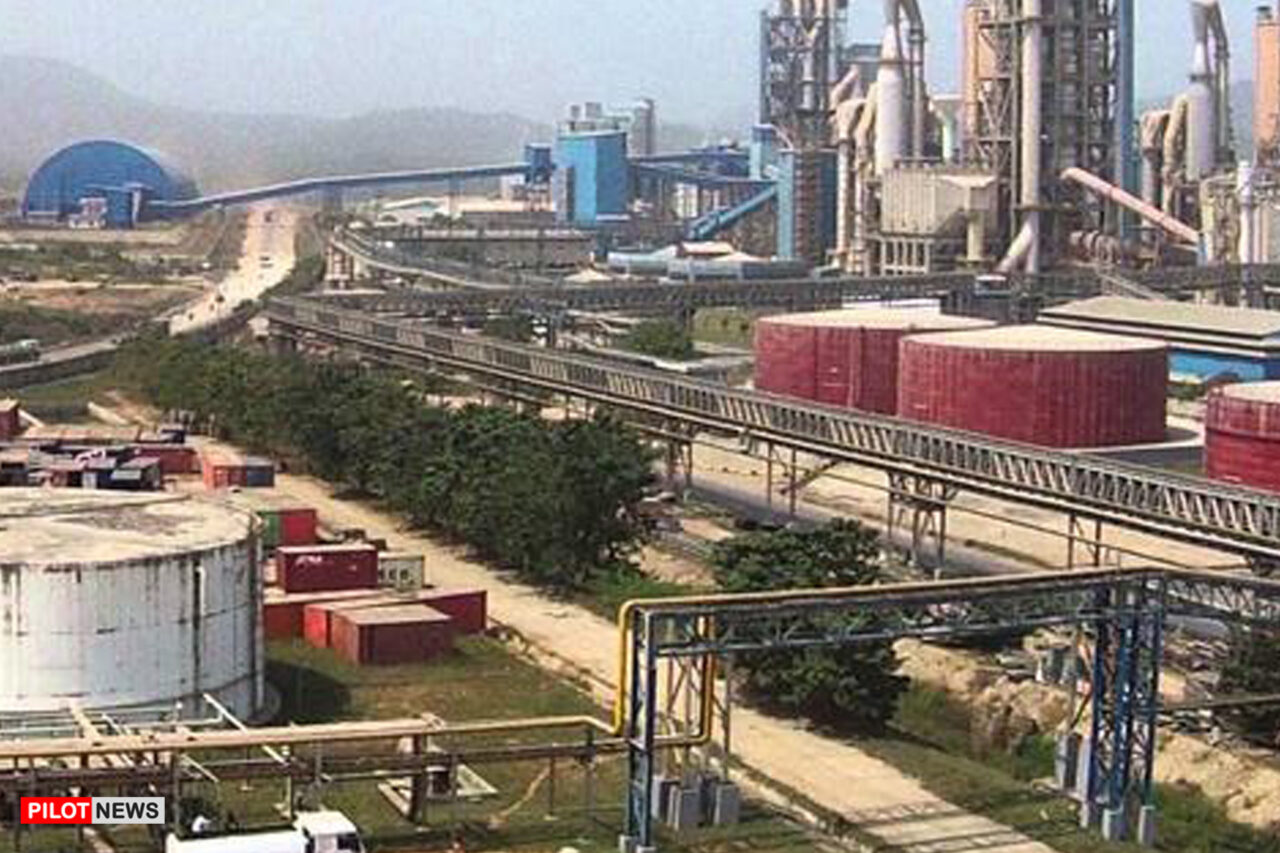…Seek FG Intervention Over Looming Job Loss
The Natural Oil and Gas Suppliers Association of Nigeria (NOGASA) has raised an alarm over Dangote Refinery’s imminent plan to distribute petroleum products directly to end users, bypassing established distribution networks.
Benneth Korie, NOGASA’s President stated that the approach could hurt Nigeria’s fuel market, threaten thousands of jobs, and potentially result in long-term product scarcity if not carefully managed.
Korie, while speaking at the association’s Annual General Meeting (AGM) appealed to the Federal Government to intervene, cautioning that phasing out existing retail and supply intermediaries in favour of a single-entity distribution risks eradicating infrastructure and expertise that could be difficult to revive if Dangote Refinery is ever unable to meet national demand.
He cautioned: “Members of NOGASA, who serve as intermediaries between refineries and final consumers, fear that this new distribution model will render their roles obsolete. It’ll remove jobs from a lot of us, and some of our staff will be redundant, some of our trucks will be redundant.”
Corroborating Korie, president of the Petroleum Products Retail Outlets Owners Association of Nigeria (PETROAN), Billy Gillis-Harry, likened Dangote’s “forward integration” strategy—relying on a vast fleet of new CNG-powered tankers to deliver directly to stations and large users—to a veiled monopoly.
PETROAN warned this could lead to massive job losses, price manipulation, and an unhealthy concentration of market power: “No single company should control refining, supply, distribution, and retail all at once,” they stated, emphasising the risk of independent operators being muscled out of the sector.
The Depot and Petroleum Products Marketers Association of Nigeria (DAPPMAN) revealed ongoing negotiations with Dangote Refinery regarding access to its products, seeking assurances that the established network of depots and independent marketers will have equitable opportunities to participate in the distribution chain.
DAPPMAN maintains that a diverse, open supply network ultimately benefits consumers with better pricing and reliability.
On the regulatory front, the Nigerian Midstream and Downstream Petroleum Regulatory Authority (NMDPRA) has reaffirmed the government’s commitment to ensuring an open and resilient market.
NMDPRA emphasised that the Petroleum Industry Act mandates inclusive access to both refining and distribution, warning that restricting product flow through a single channel could put national energy security at risk.
While Dangote Refinery’s direct distribution strategy is hailed by some as a “game-changer” with the potential to reduce costs, cut out inefficiencies, and make fuel more affordable nationwide, critics caution that without protections for smaller players, the result could be higher unemployment and a less competitive, less stable supply system in the long run.
- Opposition Rejects 2026 Electoral Act, Seeks Fresh Amendment - February 27, 2026
- Kogi Receives NEPZA Certificate For Ajaokuta Economic City Free Trade Zone - February 27, 2026
- Kogi Govt Says Police Reform Will Transform Nigeria’s Security Architecture - February 26, 2026

